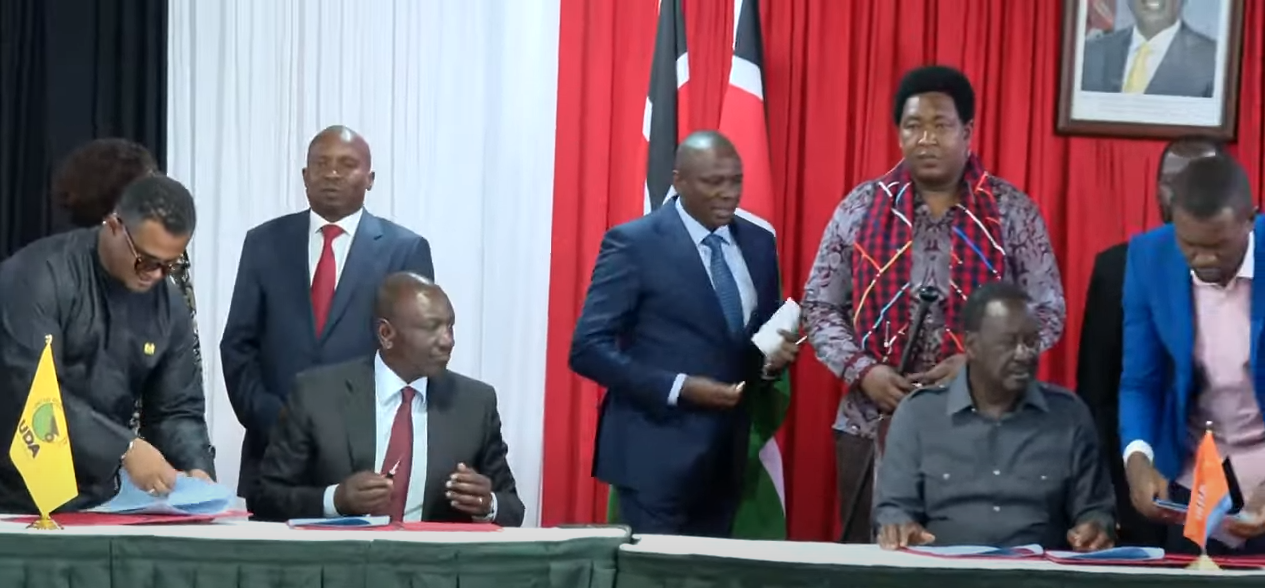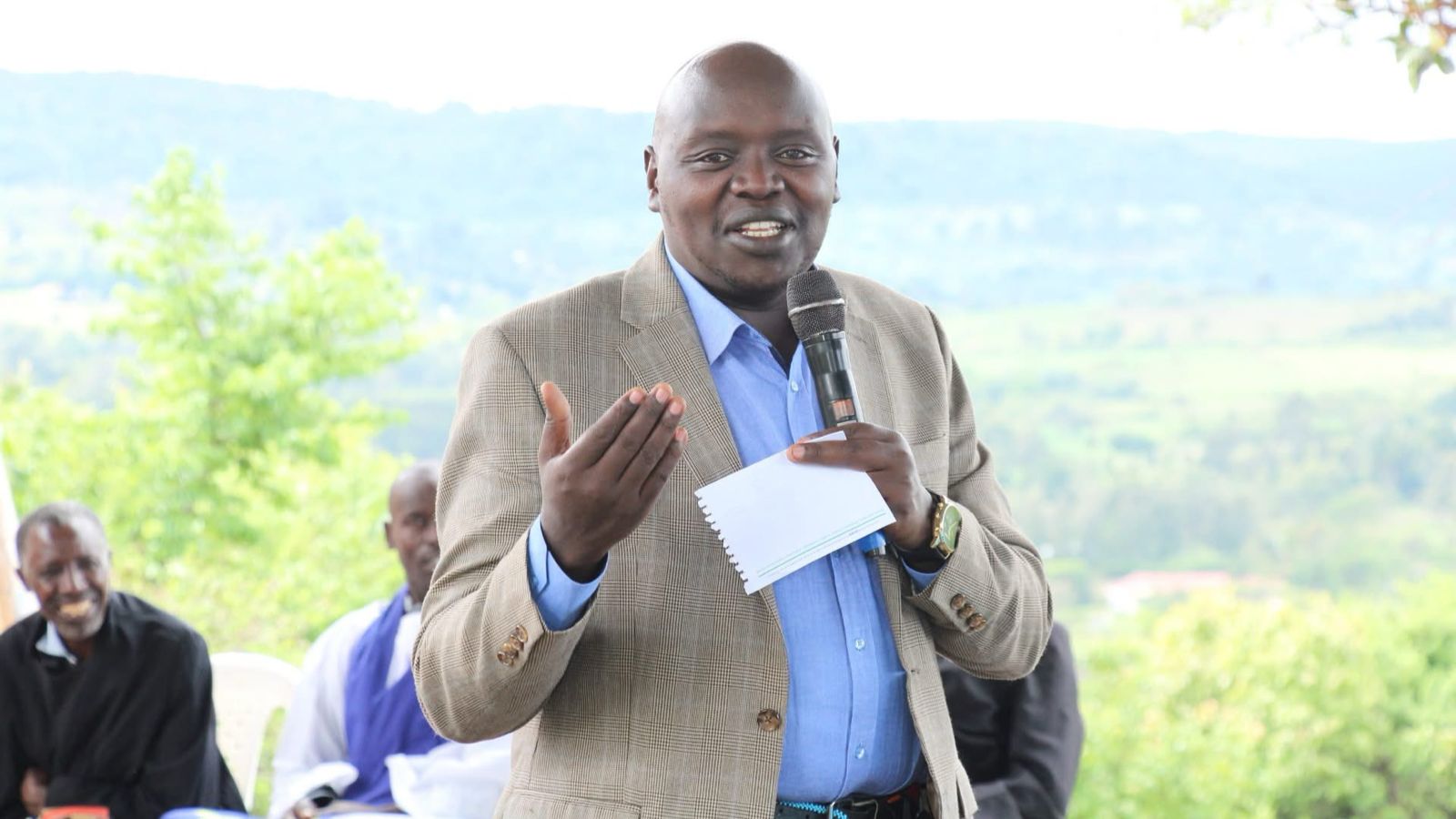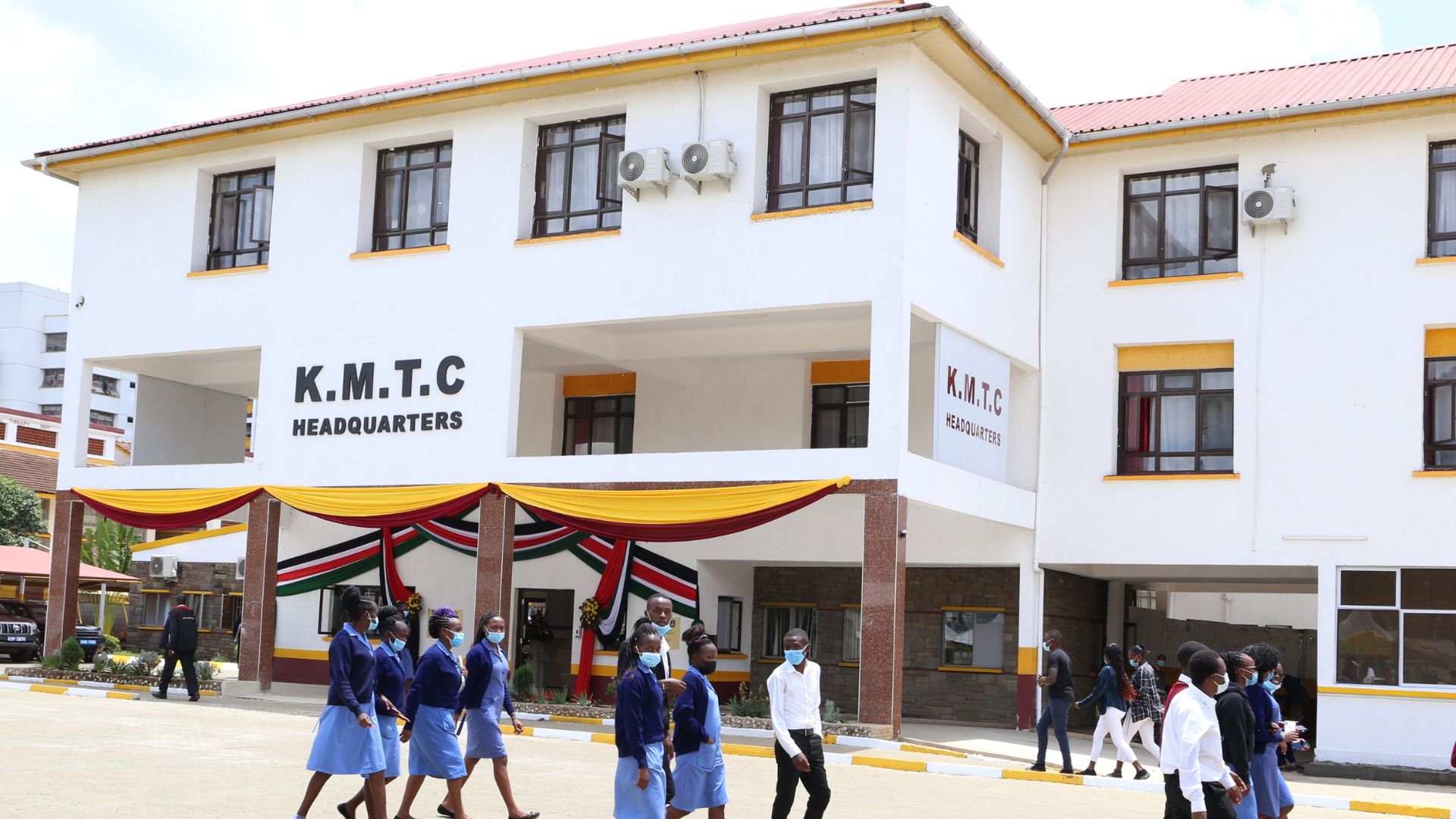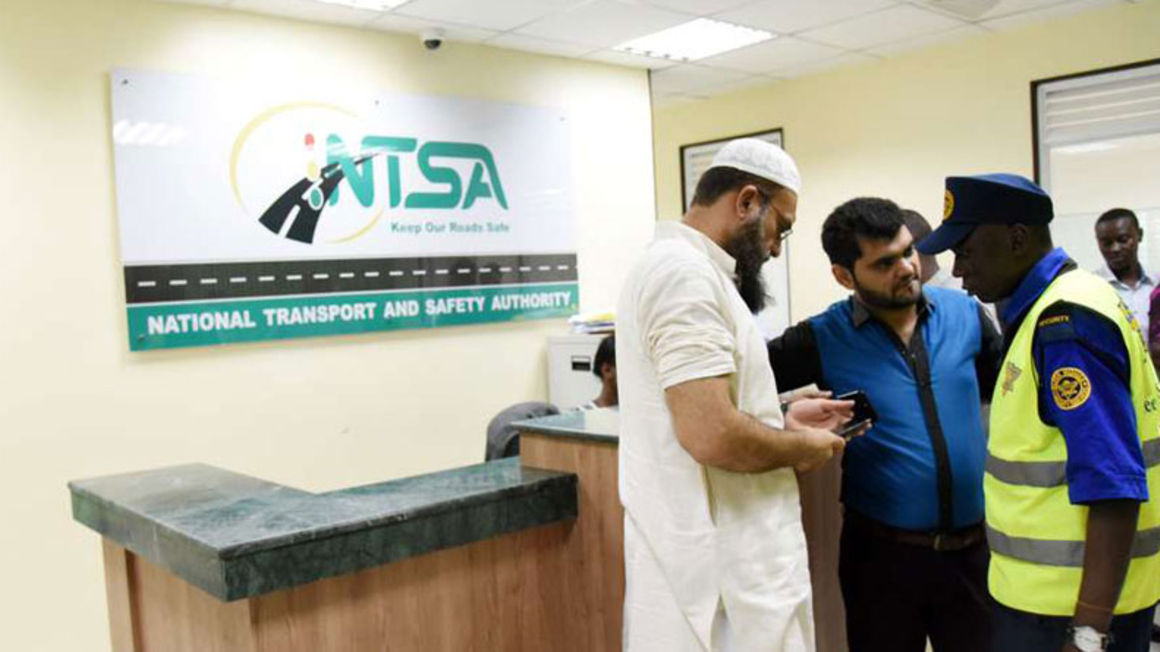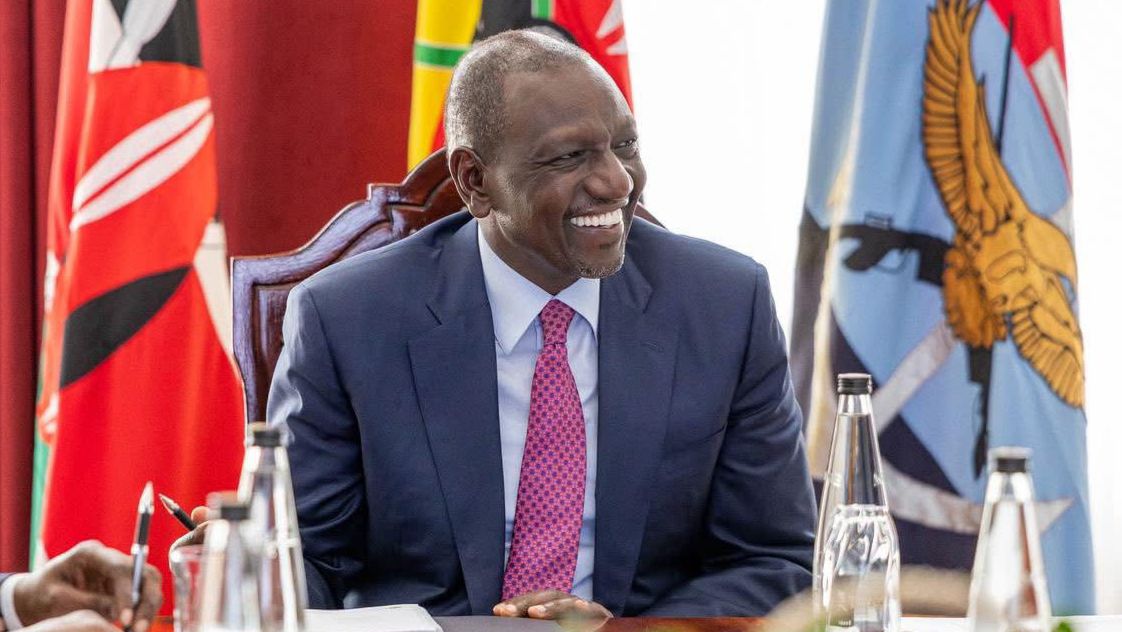The five-member committee established by President William Ruto and ODM leader Raila Odinga to oversee the implementation of the NADCO report and the ten-point agenda has officially rolled out its work plan and commenced operations.
According to a statement released on Friday, August 15, the body has organized its operations and selected Javas Bigambo as Vice Chair.
The committee thanked the two principals for trusting the members and pledged to announce the rollout of their work as per their Terms of Reference.
"The Committee has organized its operations and has selected Javas Bigambo as the Vice Chair. As a Committee, we thank the two principals for bestowing their trust in the members, as we are all honored to announce the commencement of our first report as per our ToR. We therefore would like to update the public on the rollout of the Committee's work as we start our longer deliberations based on our Terms of Reference," the statement read.
The committee confirmed that it will engage various stakeholders and has committed to extensive consultations with the public and other relevant parties to ensure comprehensive implementation.
Read More
“Appreciating the guidance and patriotic spirit of His Excellency President William Ruto and The Right Hon. Raila Amolo Odinga, the committee invites members of the public and various stakeholders in the various forums in the days ahead as we roll out,” the statement added.
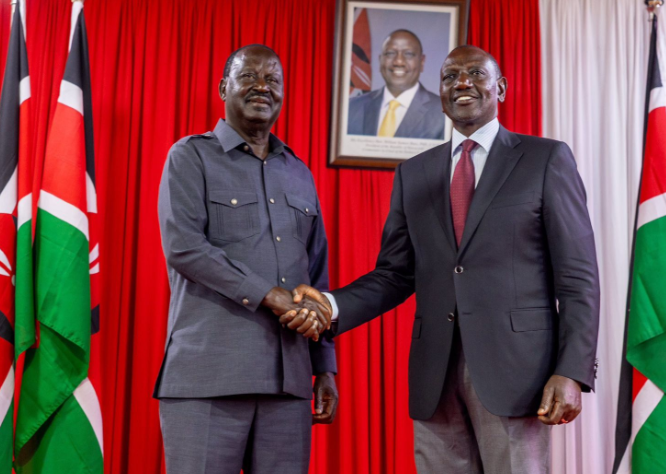
The committee consists of Senator Agnes Zani, who serves as Chairperson, and Javas Bigambo, who serves as Vice Chair. Other members include Fatuma Ibrahim, Gabriel Oguda, and Kevin Kiarie.
According to the framework established when the committee was formed, the members are tasked with ensuring the implementation of the NADCO recommendations and the broader ten-point agenda agreed upon by the United Democratic Alliance (UDA) and Orange Democratic Movement (ODM).
The committee's mandate encompasses overseeing various critical areas, including policy development, existing policies, legislation, administrative measures, and monitoring the current status of implementation across different sectors.
Other focus areas include enhancing leadership and integrity, affirming constitutional rights to peaceful assembly, addressing national debt concerns, intensifying anti-corruption efforts, eliminating public resource wastage, and upholding constitutional principles.
